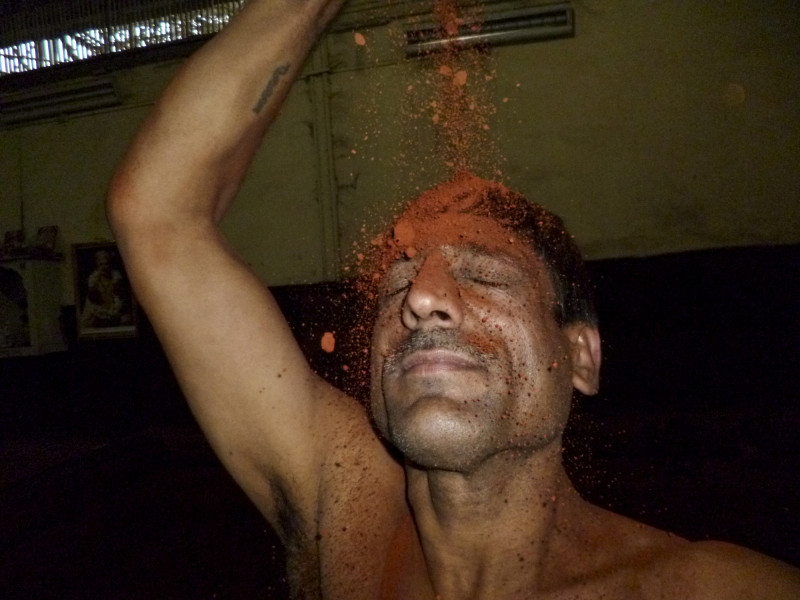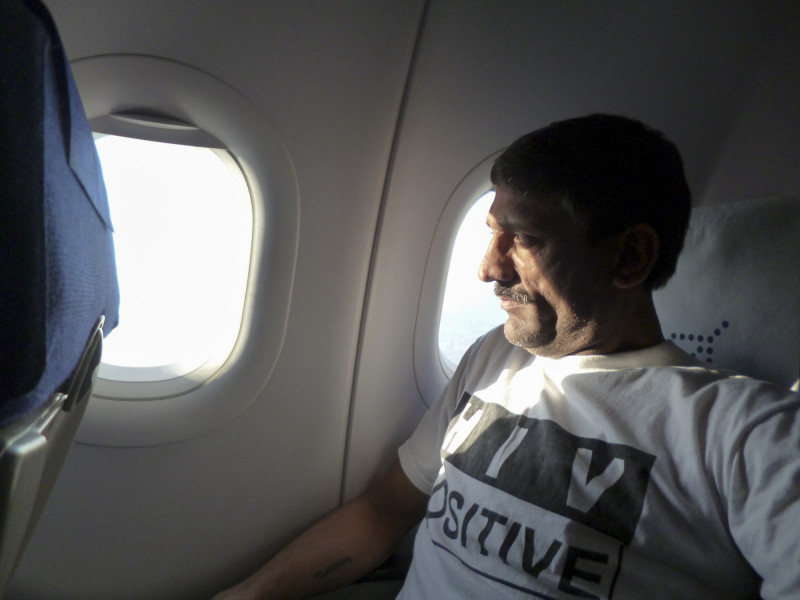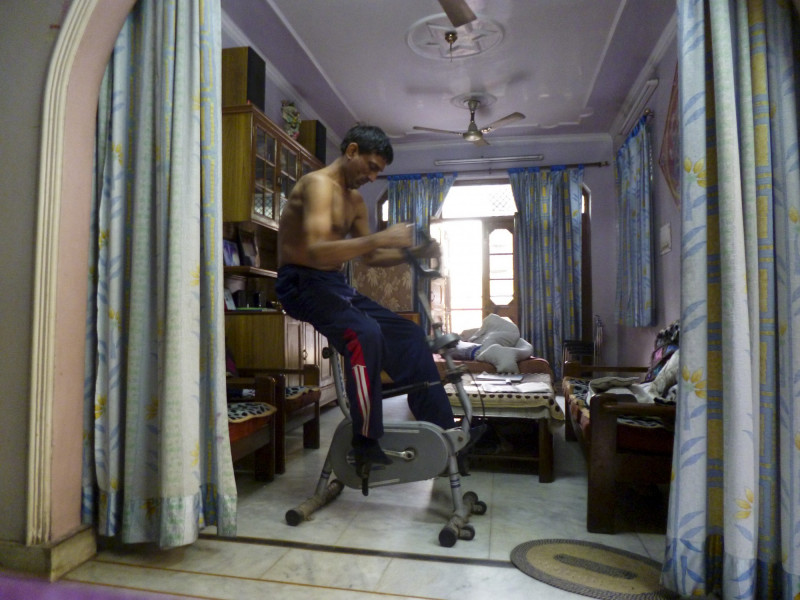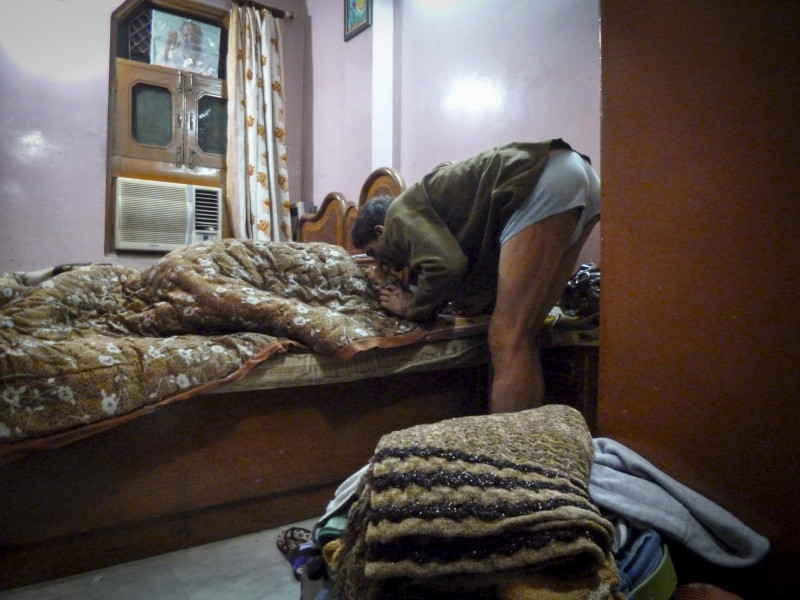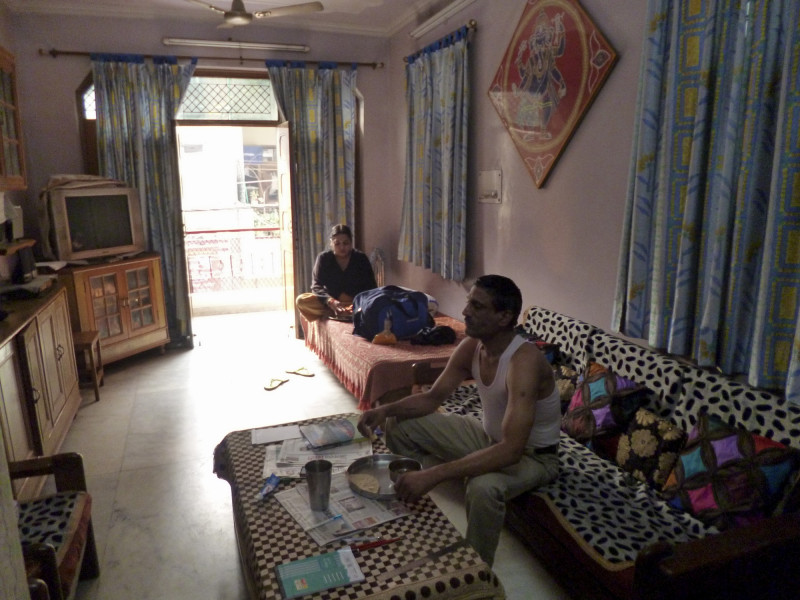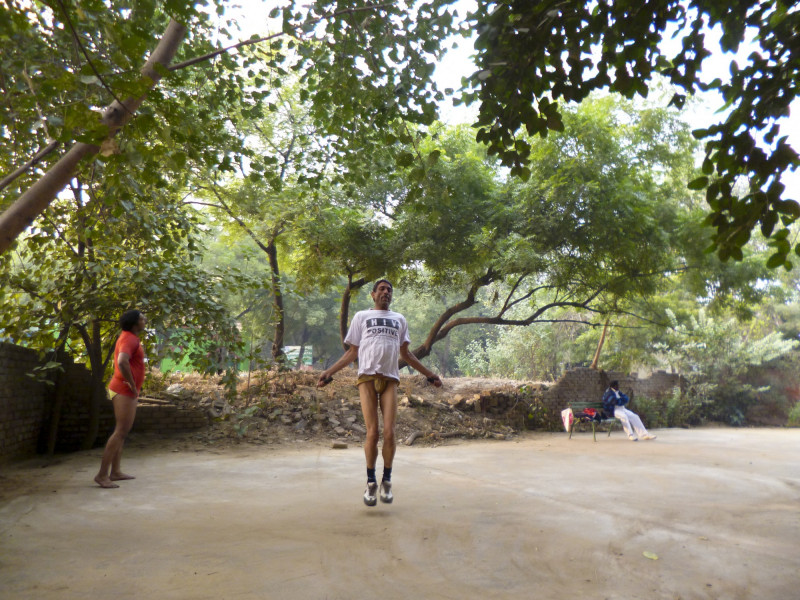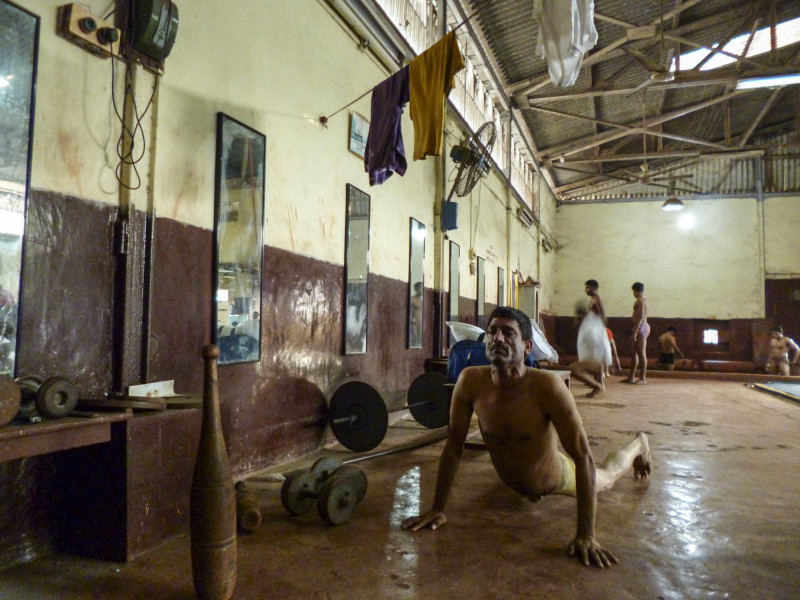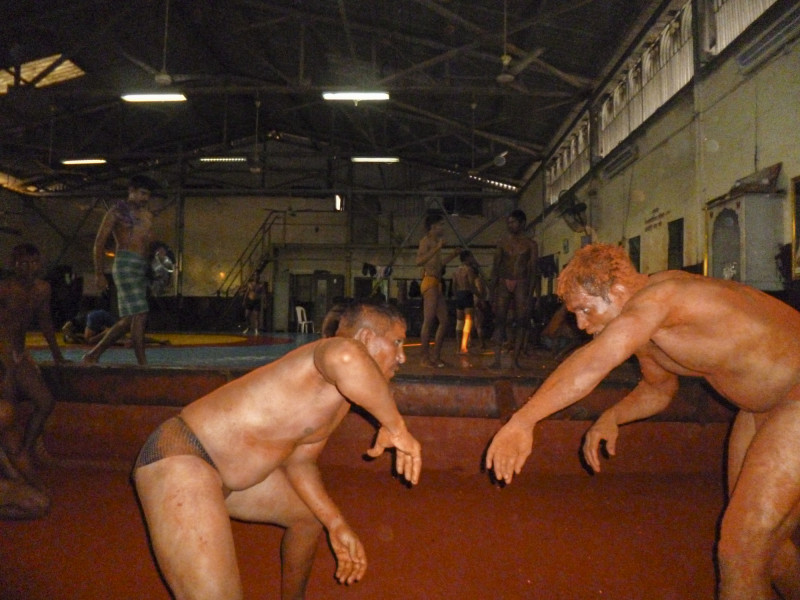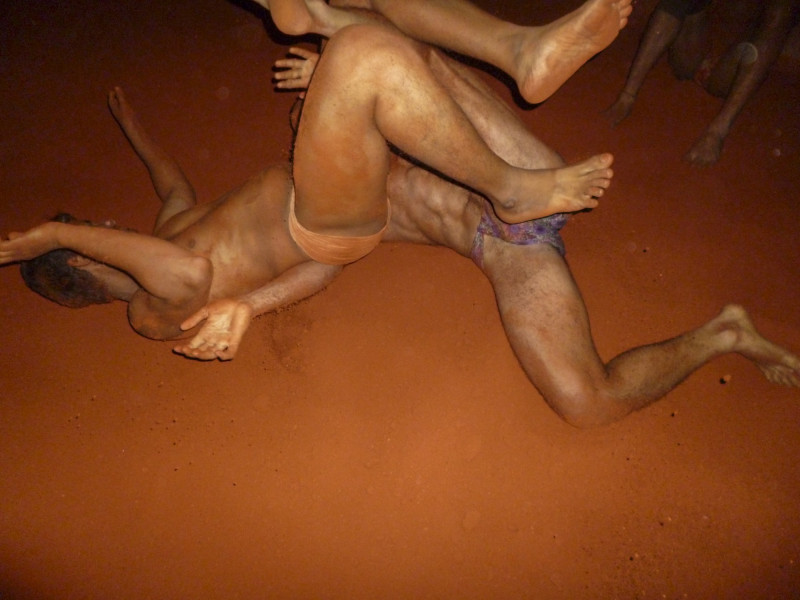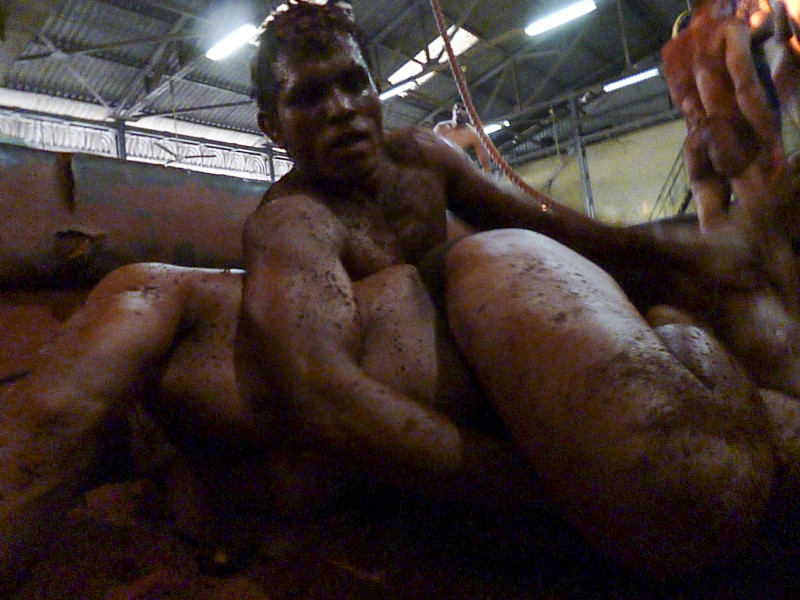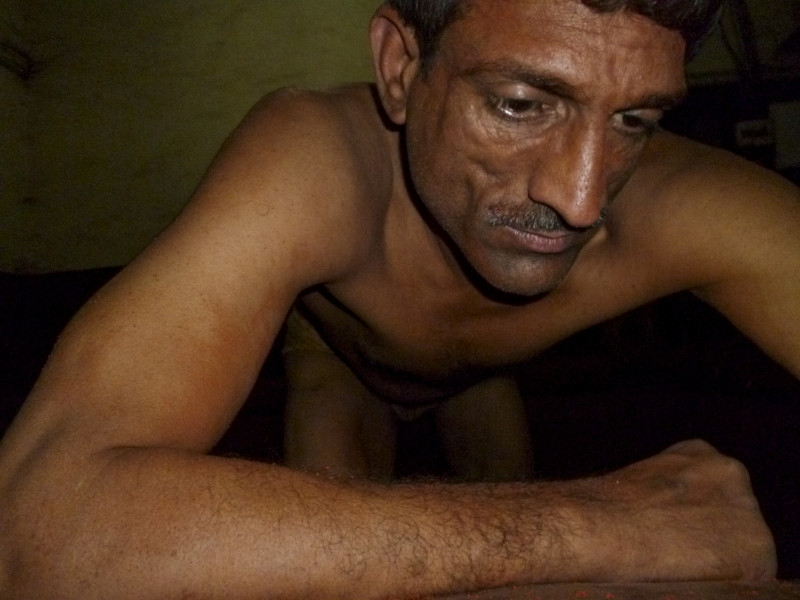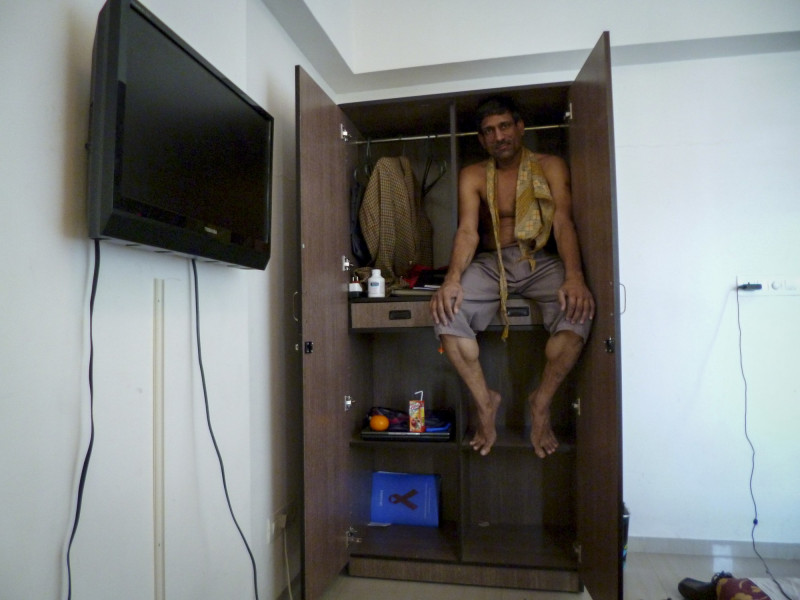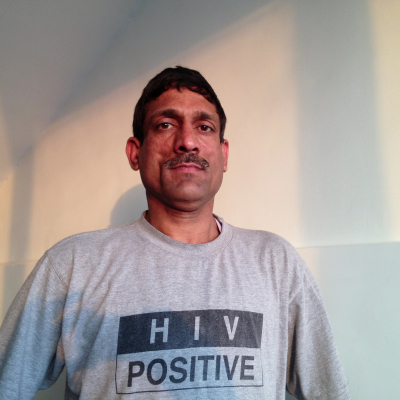In 1994, I was diagnosed as HIV-positive. When I heard this, it was a big blow. The body language of the person who informed me of this news indicated that he didn’t even think of me as a human being. I thought I would die in a few days. I told my wife and we stayed at home for several months and didn’t tell anyone. We later found out that my wife and two daughters did not have it, which was a relief. But to afford medication, we had to sell our house and take out a loan.
Incidentally, when I was very young, my father signed me up to a wrestling team. It was through wrestling that my willpower and confidence increased until I realized I could be stronger than the average man. After becoming HIV-positive, I restarted my passion. I began my life for the second time, exercising and playing games. The people who were wary of me since contracting HIV—who didn’t talk to me or invite me to their weddings—these people began to accept me.
With exercise and with good care, my life has been prolonged, my CD4 cell count has grown, and the HIV has become dormant.
In May 2004, United States President Bill Clinton visited India to open a clinic, and a doctor invited me to inaugurate the clinic with him. I was nervous but very happy to meet President Clinton. He was doing such good work for us. After the inauguration, I joined an organization called the Delhi Network of Positive People. There I met many people with AIDS, many of whom were living in poverty. I decided that I would work for these people. This is my work now. I became a counselor. I was trained by UNDP, the United Nations Development Program. I learned how to work for the community and how to use a computer, and I fought a case against the Novartis Company for an open market in India to make medicine more affordable. I am able to travel, walk, and run. I am healthy. When I fly, I wear my “HIV-Positive” T-shirt to tell hundreds of people on the plane and in the airport that I am HIV-positive. I want to reduce the stigma and discrimination that comes with HIV and spread awareness that being HIV-positive doesn’t mean death.
